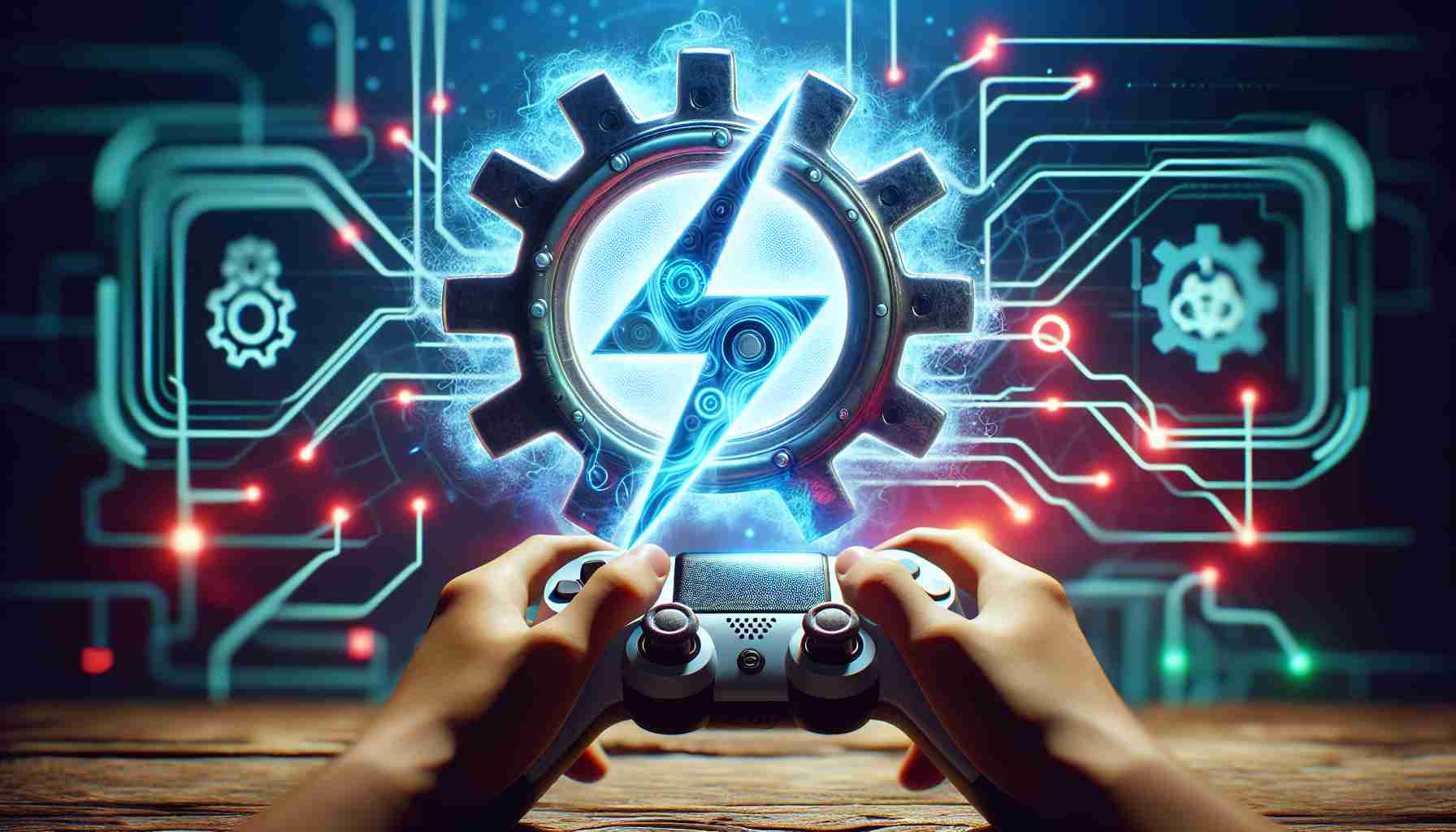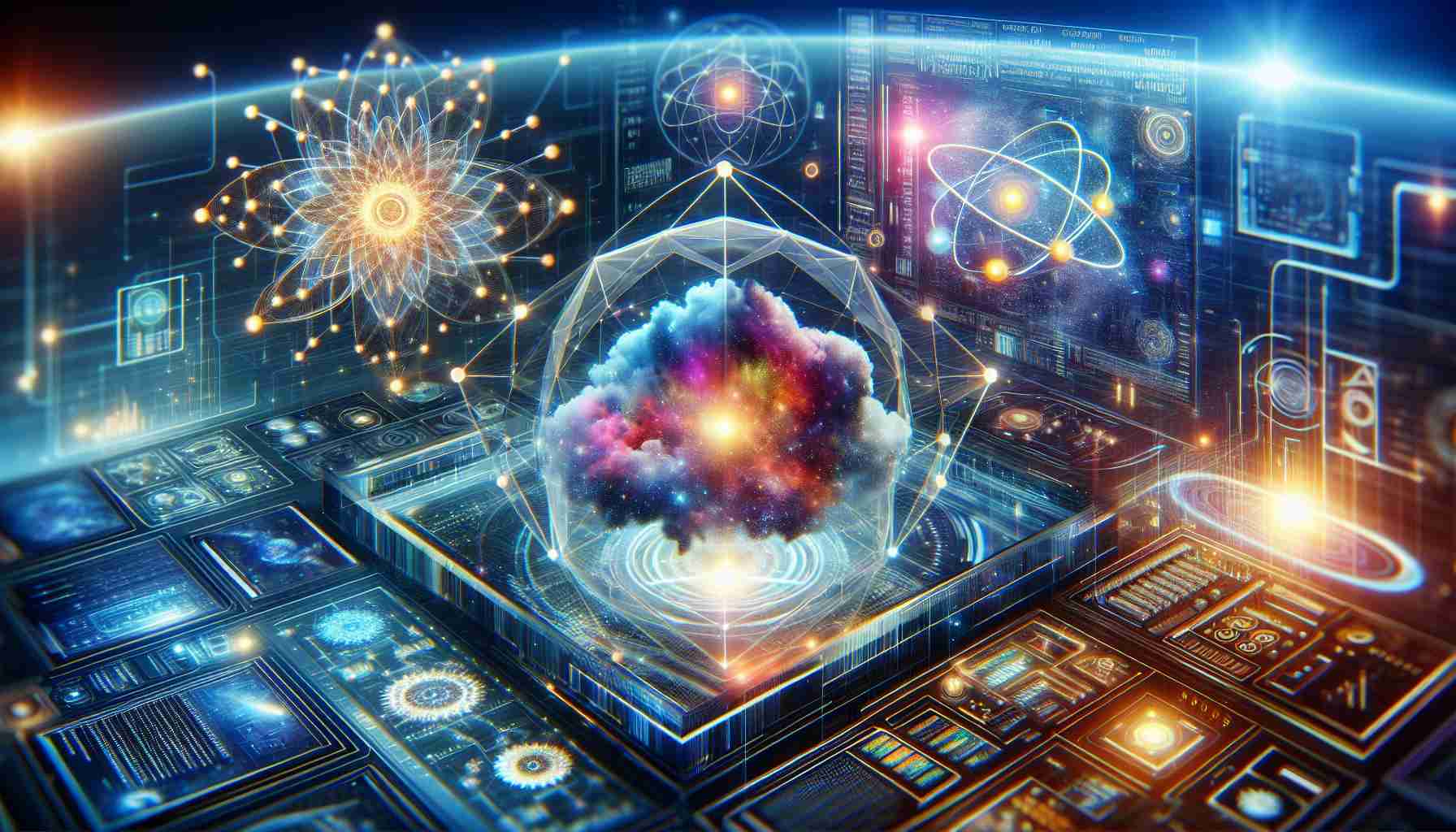As Tesla’s market cap continues to soar, edging ever closer to monumental heights, its influence extends beyond the realm of electric vehicles and renewable energy. What might surprise many gaming enthusiasts is Tesla’s potential to revolutionize the gaming industry through its advanced AI and computational prowess. Tesla’s AI technology, primarily known for its Autopilot system and Full Self-Driving features, presents groundbreaking possibilities for gaming.
Tesla’s AI supercomputer, Dojo, is designed to accelerate AI training significantly. This leap in technological capability could facilitate faster development of AI-driven gaming elements, such as NPCs (Non-Playable Characters) with more dynamic and realistic behaviors, smarter in-game opponents, and complex procedurally generated environments. The potential to harness Tesla’s AI for real-time gaming could elevate gaming experiences to unprecedented levels of realism and interactivity.
Additionally, Tesla’s strong market cap and continuous innovation attract significant investor interest, potentially funneling more resources into experimental gaming projects. Combined with the company’s penchant for pushing technological boundaries, this could lead to the emergence of hybrid gaming platforms within Tesla’s ecosystem, considering the seamless integration of entertainment technology in their vehicles.
As Tesla explores new frontiers in AI and computational technology, its impact may ripple into gaming, offering a visionary glimpse into the future where mobility and entertainment intersect. This cross-industry interaction signifies more than just ambition; it indicates a transformative shift in both the automotive and gaming landscapes, urging stakeholders in both fields to keep a keen eye on developments at Tesla.
Could Tesla Turn Your Car into a Gaming Hub?
As Tesla continues to innovate beyond its automotive roots, an exciting frontier is emerging: gaming integration within vehicles. While Tesla’s advancements in AI and mobility are widely discussed, the potential for its cars to serve as gaming hubs introduces intriguing opportunities and challenges.
What is Driving this Shift? Tesla’s AI, particularly housed in its advanced Dojo supercomputer, not only opens doors for developments in electric vehicles but also hints at a new era of interactive entertainment. How? Imagine the combination of Tesla’s compute capability with sophisticated gaming engines resulting in real-time gaming experiences as you charge your battery or wait for a friend.
The concept of using Tesla’s computational power for in-vehicle entertainment inches closer to reality. Potentially, passengers could partake in rich, virtual reality experiences without stepping out of the vehicle. Moreover, Tesla’s vast network of connected cars could bring communal gaming experiences to drivers worldwide.
But does this integration pose risks? A significant concern is driver distraction. While gaming during autonomous driving phases seems plausible, ensuring drivers remain alert and responsible adds a layer of complexity.
The integration of gaming in vehicles isn’t just an amusing thought—it’s an industry shake-up. Could this herald a new trend where auto companies collaborate with game developers to offer unique, branded in-vehicle experiences?
Can these innovations redefine how we perceive travel time and entertainment? Keep an eye on Tesla’s strides not only for agile vehicles but for their crossover potential in the gaming domain, as this synergy could reshape how entire industries interact. Could this be the beginning of a new gaming revolution on wheels?
For more information, visit Tesla.



















